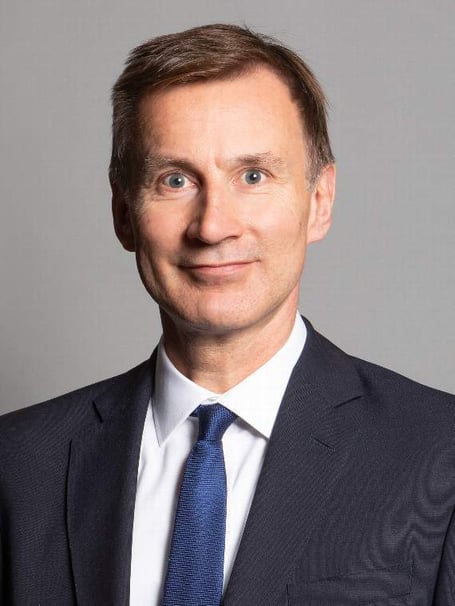So Freedom Day is on…and alongside it a good old British debate about whether the government is right or wrong to proceed.
I suppose it takes our mind off the football if nothing else.
In truth, the data is not particularly clear. On the positive side, two jabs of the vaccine have now been offered to all over-40s – the groups who account for 99 per cent of the deaths in earlier waves.
The average age of someone with Covid is now an astonishing 25 – which means people are less likely to be hospitalised and more likely to survive if they are.
On the negative side, NHS hospital beds are filling up more quickly than was envisaged – and even if the death rate remains low, the numbers getting ‘long Covid’ are not.
One estimate is that if there are 100,000 new cases daily (where the government thinks the current wave should peak), 6,000 to 8000 of them would end up with ‘severe’ symptoms, horrible for the individuals and a big additional pressure for the NHS.
No-one really knows how long such symptoms last, which is why I intend to look at them in detail with my select committee.
Keynes once said ‘when the facts change, I change my mind.’
That seems to me to be the wisest thing for a government to bear in mind when there is imperfect information in the middle of a pandemic.
What matters when things are moving fast is not that you get every decision right first time (no government does) but that you are willing to change direction if necessary.
In fairness to Boris Johnson, he did just that in the run-up to Christmas when large gatherings were banned with just a few days’ notice.
He got some flak for that but I would rather someone was willing to change their mind than someone who sticks his head in the sand.
What does that say about our current situation? As Professor Neil Ferguson, hardly a lockdown sceptic, said the planned lifting of restrictions is ‘justifiable.’
There are reasonable epidemiological reasons to want to have our next wave in the summer rather than the build-up to winter.
If we are genuinely able to move to ‘living with Covid’ rather than trying to eradicate it, then it is equally reasonable to move to a model of consent rather than compulsion when it comes to things like face masks.
But if, over the months ahead, the data starts to change, particularly when it comes to death rates (but also long-Covid impact) then we should welcome rather than castigate a government that changes direction.
When I was foreign secretary I often used to think about how our democracy worked compared to other countries.
For all its faults, I do believe we have one of the most robust and effective ways of holding politicians to account.
That is based on a quality of political discourse that is generally pretty high compared to many other countries – in how many countries does ten per cent of the population wake up to something like the Today programme?
We will need that reasoned discourse more than ever as we seek to leave lockdowns behind us with a permanent exit from the pandemic.
Time to remember Harold Wilson when he said he was optimist, but one who carried his raincoat. And looked at the weather forecast very carefully too.





Comments
This article has no comments yet. Be the first to leave a comment.